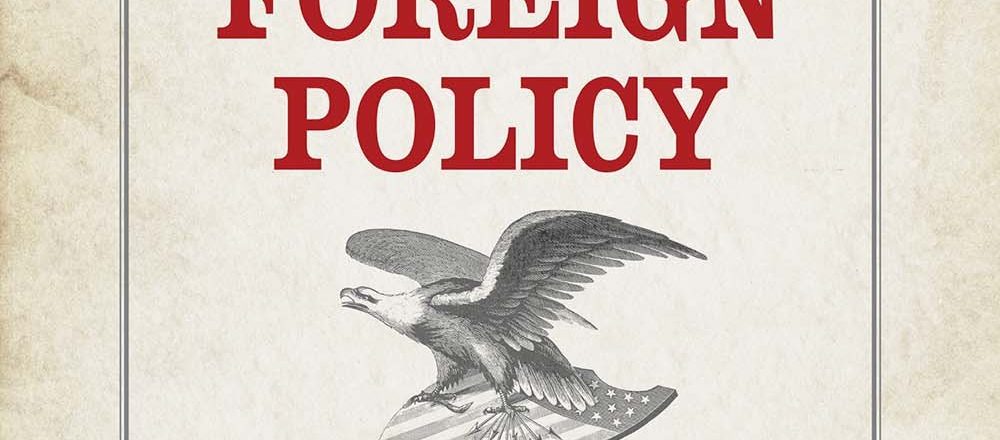A nation must think before it acts.
FPRI’s D.G. Hart reviews Walter McDougall‘s latest book, The Tragedy of U.S. Foreign Policy: How America’s Civil Religion Betrayed the National Interest.
With all the talk during the recent presidential race about American greatness, many voters may be surprised to know that the founding generation of statesmen proposed a different version of national grandeur. George Washington outlined the nation’s exceptional qualities in his farewell address. There he fashioned a foreign policy informed by “good faith and justice toward all nations,” one that steered clear of “permanent alliances with any portion of the foreign world.” Washington was especially wary of entangling the United States’ “peace and prosperity in the toils of European ambition, rivalship, interest, humor or caprice.”
Walter McDougall begins “The Tragedy of U.S. Foreign Policy” with Washington’s outlook and tells a story of woe. In this account, America’s original greatness stemmed from leaders who tended to the national interest. But over time, especially when presidents yielded to the temptation to prove American greatness by using military might on the side of moralistic ideals, American exceptionalism became synonymous with the nation’s ability to create a world overflowing with freedom, peace, equality and prosperity.
One of this disturbing book’s many strengths is its reminder of a United States before it entered the world’s stage. During the 19th century four important circumstances constrained officials’ visions of grandeur: the new nation’s relative weakness; fears of picking a fight with Western powers; a sense of the fragility of republics both ancient and modern; and what the author calls a belief in the “incorrigible imperfection of human nature.”…




